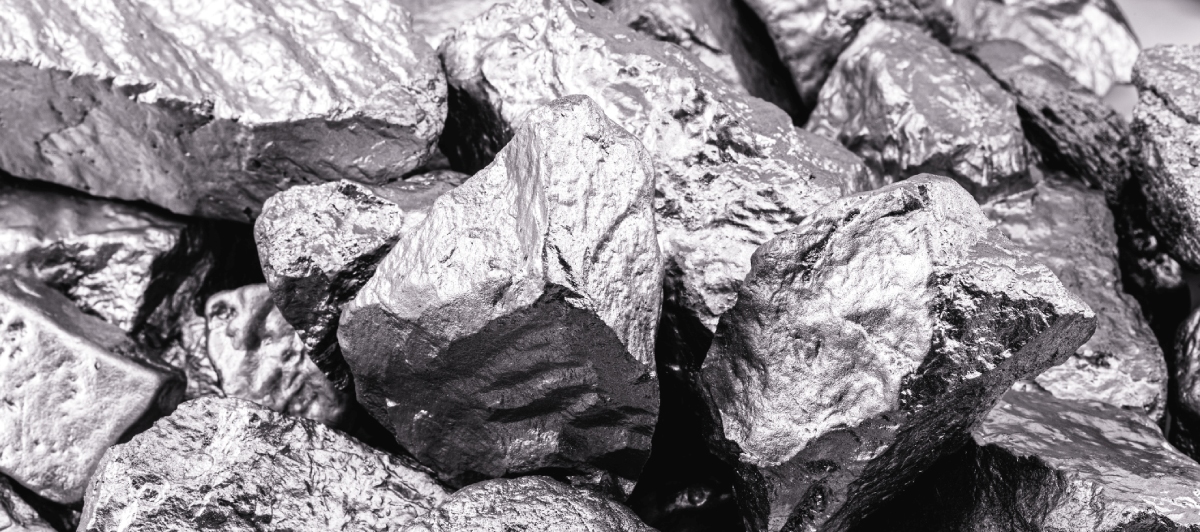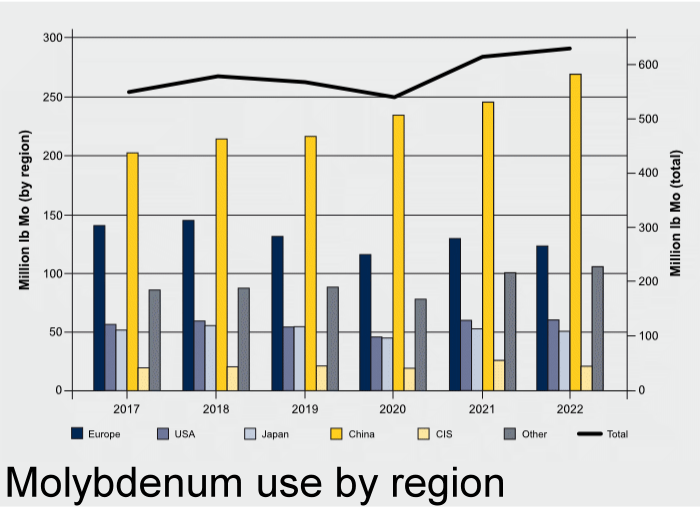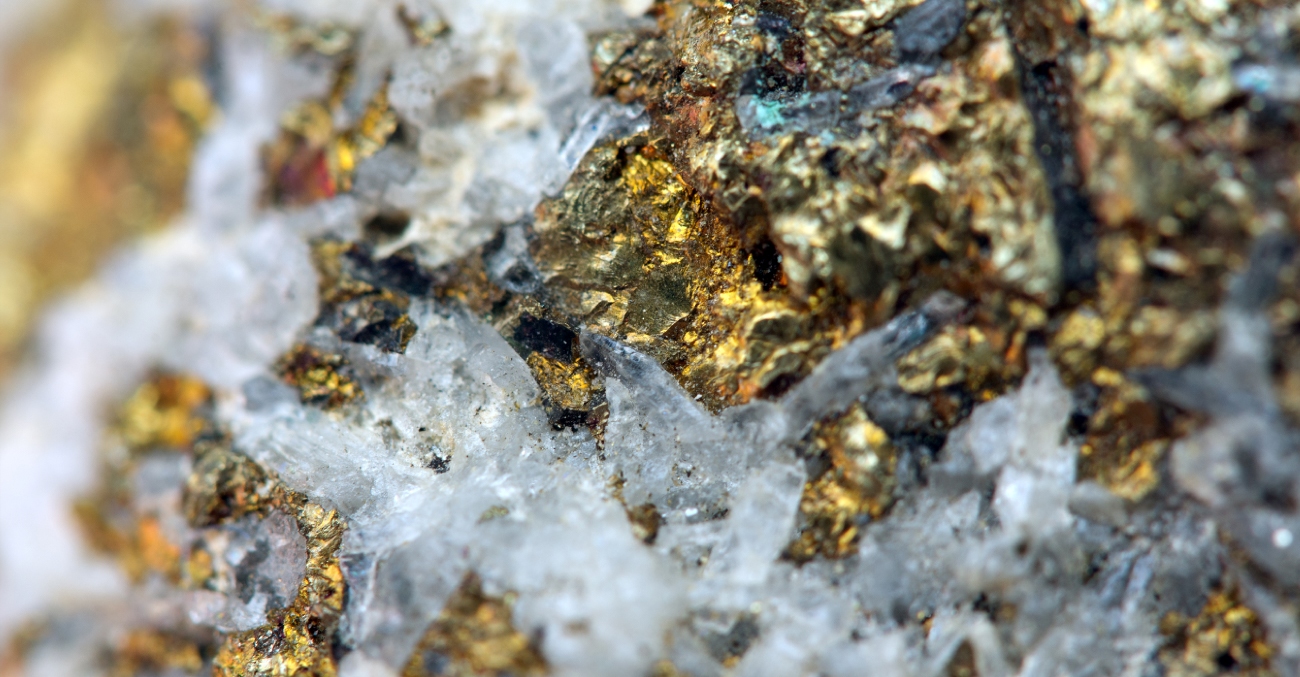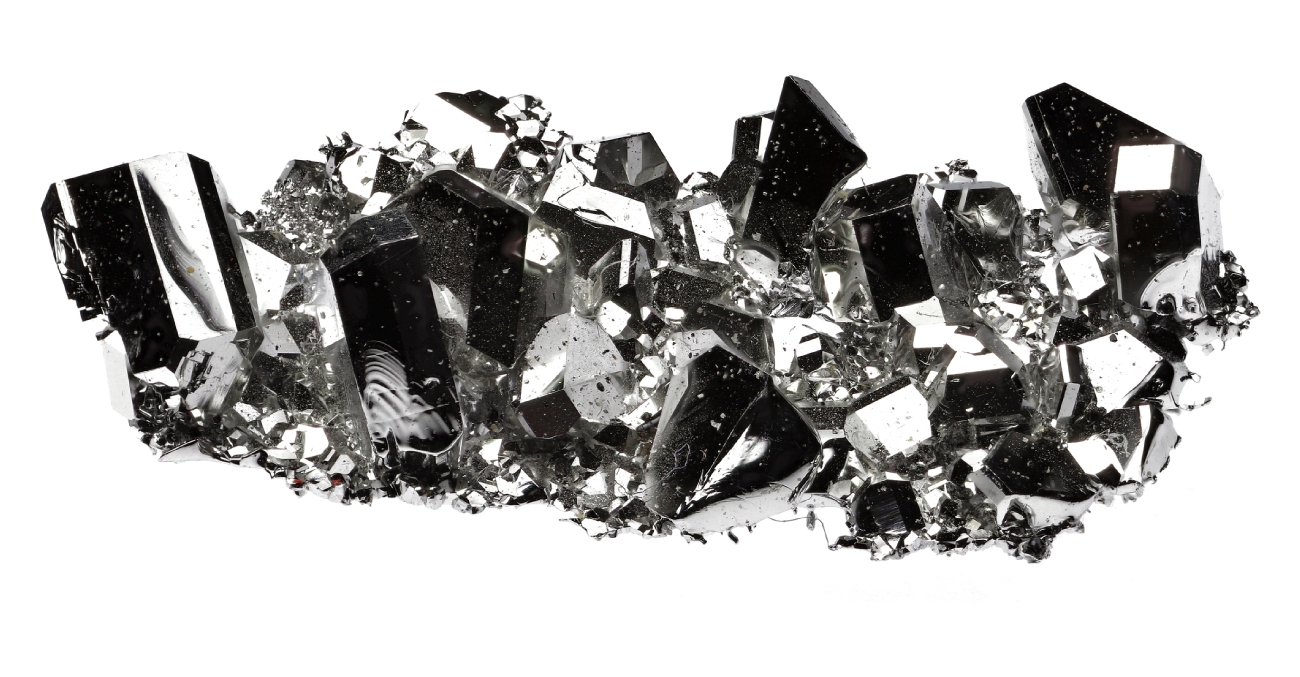The Crucial Role of Recycling Molybdenum Scrap Metals in Meeting Demand and Conserving Resources

Date

Source: www.imoa.info
In today’s world of sustainability and environmental consciousness, the recycling of metals important now more than ever. Among these metals, molybdenum stands out as a critical element in modern industries. Molybdenum was originally discovered by Carl Wilhelm Scheele and today it is widely used in aerospace, construction, electronics, and manufacturing. However, the growing demand for this versatile metal and the finite nature of its resources make recycling molybdenum scrap metals not just a responsible choice but also a necessity.
Understanding Molybdenum
Molybdenum is a transition metal found naturally in various minerals. It is characterized by its high melting point, corrosion resistance, and remarkable strength at elevated temperatures. These unique properties make it an indispensable component in the production of steel, alloys, and catalysts used in a myriad of industries. From aircraft engines to oil refineries, molybdenum plays a crucial role in enhancing performance and durability.
The Growing Demand for Molybdenum
The global demand for molybdenum continues to rise, primarily driven by the construction and manufacturing sectors. The construction industry utilizes molybdenum-containing steel in building structures, while the manufacturing sector relies on it for producing high-strength machinery and tools. Additionally, the increasing adoption of renewable energy technologies, such as wind turbines and solar panels, further amplifies the demand for molybdenum. This escalating demand poses a significant challenge in terms of ensuring a sustainable supply of this essential metal.
Limited Molybdenum Resources
Molybdenum is not as abundant as some other metals, such as iron or aluminum. The majority of molybdenum resources are located in a limited number of countries, making it susceptible to supply chain disruptions and price fluctuations. Given the finite nature of these resources, responsible management and conservation of molybdenum are of utmost importance.
The Importance of Recycling Molybdenum Scrap Metals
Recycling molybdenum scrap metals is a sustainable and eco-friendly solution to address the growing demand for this valuable metal. Here are some key reasons why recycling molybdenum scrap metals is essential:
Resource Conservation: Recycling molybdenum scrap metals reduces the need for mining and processing new molybdenum ores. This helps in conserving valuable natural resources and minimizing the environmental impact associated with mining operations.
Energy Efficiency: Extracting molybdenum from raw ores is an energy-intensive process. Recycling molybdenum scrap metals requires significantly less energy, contributing to reduced greenhouse gas emissions and lower overall energy consumption.
Cost-Effective: Recycling molybdenum scrap metals is often more cost-effective than mining and refining new molybdenum sources. This can lead to cost savings for industries that rely on molybdenum in their manufacturing processes.
Reduced Waste: Molybdenum scrap metals, when not recycled, contribute to waste and landfill problems. Recycling helps minimize waste and promotes responsible disposal practices.
Stable Supply Chain: By incorporating recycling into the molybdenum supply chain, industries can reduce their vulnerability to supply disruptions, ensuring a stable and reliable source of this critical metal.
In a world where the demand for molybdenum continues to grow, recycling molybdenum scrap metals is not just an option; it’s a necessity. It conserves finite resources, reduces energy consumption, and provides a cost-effective solution to meet the rising demand. As industries and governments embrace sustainable practices, the importance of recycling molybdenum scrap metals will only continue to increase, contributing to a more sustainable and resilient future for our planet. It is essential that we recognize the value of recycling in preserving our natural resources and meeting the demands of a rapidly evolving world.



